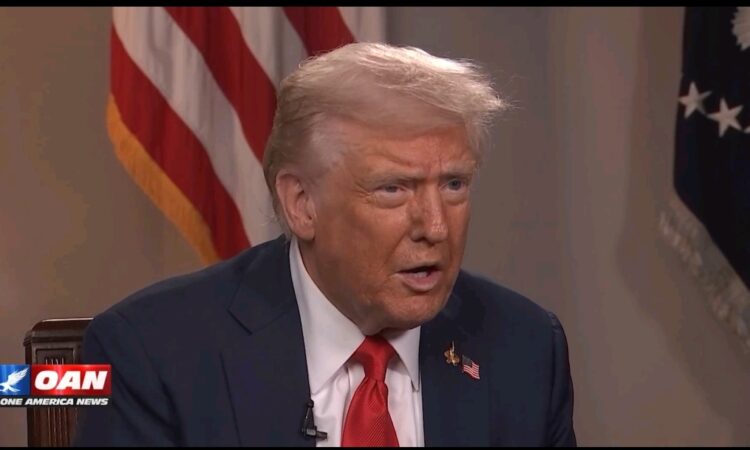
Donald Trump said in an interview that he is still considering giving Americans rebate checks of up to $2,000, funded by the money the government has been collecting from his tariff policies.
Since 2018, Trump has imposed high tariffs on foreign countries, arguing that it would bring in huge revenues to the U.S. Treasury. Now, as legal battles over the constitutionality of those tariffs head to the Supreme Court, Trump is framing the tariffs as both a way to pay down the national debt and a way to directly reward American citizens.
In his interview with One America News, Trump boasted that tariff revenues are only just beginning to show results but will eventually bring in “over a trillion dollars a year.” He insisted that paying off America’s debt is his top priority, calling the $37 trillion national debt “very little, relatively speaking” because of the “unprecedented sums” being collected. He went on to say that, while reducing the debt comes first, he may also send what he described as a “dividend to the people of America,” estimating possible checks between $1,000 and $2,000 per person. He has floated similar ideas before, but any such payout would need congressional approval.
This isn’t without precedent. During the COVID-19 pandemic, the federal government issued multiple rounds of stimulus checks to households. Trump is now pitching a similar idea, but instead of pandemic relief, these checks would be tied to his trade policy. According to Treasury Department data, the government has taken in about $214.9 billion in tariff revenue so far this year, with September’s collections totaling $31.3 billion. That was slightly lower than August’s record-breaking numbers, but Treasury Secretary Scott Bessent has still projected that tariff revenues will top $300 billion by year’s end.
The problem for Trump is that the legality of his tariffs is still being challenged. The U.S. Court of Appeals for the Federal Circuit recently ruled that most of his tariffs were not authorized under the emergency powers law his administration cited. Earlier, two lower courts had already found them illegal. However, those tariffs remain in effect while the administration appeals to the Supreme Court, which is scheduled to hear arguments in early November.
Bessent has warned in filings that if the Supreme Court rules against Trump, the federal government could be on the hook for massive refunds—anywhere between $750 billion and $1 trillion in collected and projected tariffs. That would not only wipe out much of the revenue Trump is touting but also complicate his pitch to both pay down the debt and hand out checks to voters.
In the meantime, Trump is using the potential rebates as a political message, portraying himself as someone who both protects American industry through tariffs and shares the financial rewards directly with the public. But whether the plan is realistic—or even legal—depends heavily on what the Supreme Court decides in the coming weeks.

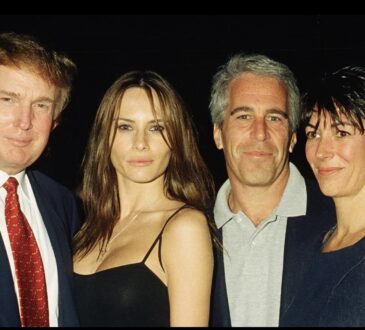
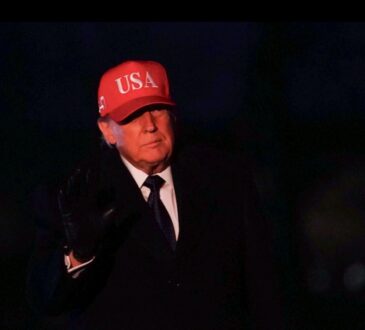
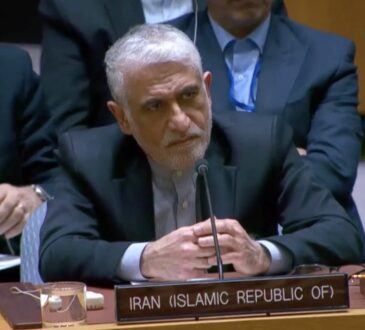
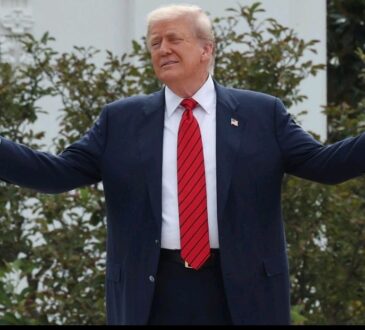
Such a liar…he’s using the $ to turn the white.house in an ugly place . Also destroying the white house gardens and possibly lining his pockets with whatever monies the other countries are giving him for whatever favors they are receiving from him.. LIAR!!!
It would be nice to get a decent check or an increase in SSA without a Hugh hike in the other parts of SSA